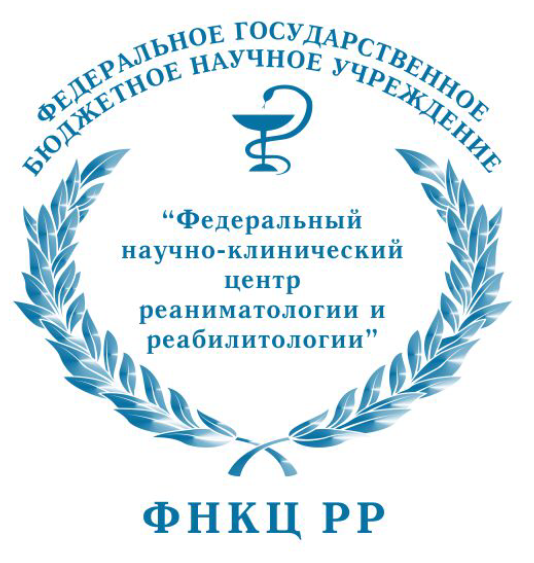
|
ИСТИНА |
Войти в систему Регистрация |
ФНКЦ РР |
||
Addressing Legitimacy In De-facto States: Cases of Puntland and Somalilandдоклад на конференции
- Автор: пискунова наталья игоревна
- Международная Конференция : 11th European Workshops in International Studies
- Даты проведения конференции: 3-5 июля 2024
- Дата доклада: 4 июля 2024
- Тип доклада: Устный
- Докладчик: пискунова наталья игоревна
- Место проведения: г.Стамбул, Университет Kadir Has, Турция
-
Аннотация доклада:
The problem of the Somalia conflict, often referred to as the State Failure issue has attracted attention of scholars and practitioners in the 1990s, but since then the issue of a failed state remains unresolved, although the overall conflict landscape in Somalia has improved, especially with the rise of Somaliland and Puntland. An almost 20-year period of applying various conflict resolution schemes, negotiations and attempts to resolve, or to create a viable theoretical and practical framework to address conflict in Somalia calls for a revision of some fundamental conflict actors’ notions of this conflict, as it is the major conflict actors that influence this conflict drivers and peace agendas.At present, in Somalia there are 5 parallel conflicts ongoing since 1991.However, at least two political - territorial entities, Somaliland and Puntland, have performed relatively well as compared to the rest of Somalia and have thus contributed to the notion of rising De-Facto States. Although unrecognized by the UN and the majority of the world states, these two entities managed to establish their own de-facto viable rules of sovereignty and citizenship and managed to resolve numerous illegal border crossings and illegal trade between the two unrecognized states.This paper overviews the efforts made by the unrecognized de-facto states of Somaliland and Puntland over last 25 years in terms of securing legitimacy and sovereignty. It aims to understand how these two entities evolved and offers a view on how these may help to sustain a long-term peace and economic development in post-state-failure Somalia.
- Доклад на конференции выполнен в рамках проекта (проектов):
- Добавил в систему: Пискунова Наталья Игоревна